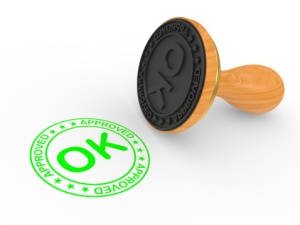The decision to buy or sell a business is among the most important you’ll ever make. Friends and family are fond of giving advice. They have your best interests at heart, but do they really understand the issues related to buying or selling a small business?
Think about a good dinner conversation. Now think about it taking place around a business table. Your host is a savvy business broker who has helped hundreds of individuals buy or sell a business. He’ll be inviting other guests who can add professional perspective to the conversation. Each will be sharing their knowledge and experience, so that you’re better equipped to buy or sell a business if and when you’re ready.
I’m the business broker who’ll be joining you each week and anyone who knows me knows I like a fine meal with good conversation! I also enjoy helping people to achieve their goals. Let me tell you something about what we do.
Business brokers act as coaches, guiding and educating both buyers and sellers through the challenging steps of buying and selling a business. They provide expertise. It’s the broker’s job to understand and match needs, managing the transaction and controlling the process, respecting time lines and channeling the flow of information required to bring the deal to a conclusion that works for both.
We’re part of a team of advisers you’ll benefit from knowing about. Lawyers, accountants, bookkeepers, bankers, wealth advisers, marketing specialists, insurance professionals, and business coaches, each have valuable expertise and services to inform the decisions you will be asked to make along the way.
At the Broker’s Table will explain the processes, the sequencing of steps and responsibilities in buying or selling a business, so you’ll understand who should be doing what and when. You’ll be able to pick up proven tips whether you’re buying or selling. The goal as we see it is a fair deal, with price, terms, and conditions that work for both sides, protecting your best interests in the process. Continue reading →





 Think about a good dinner conversation. Now think about it taking place around a business table. Your host is a savvy business broker who has helped hundreds of individuals buy or sell a business.
Think about a good dinner conversation. Now think about it taking place around a business table. Your host is a savvy business broker who has helped hundreds of individuals buy or sell a business.